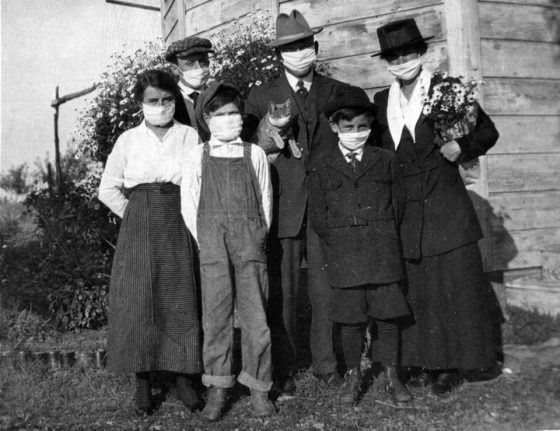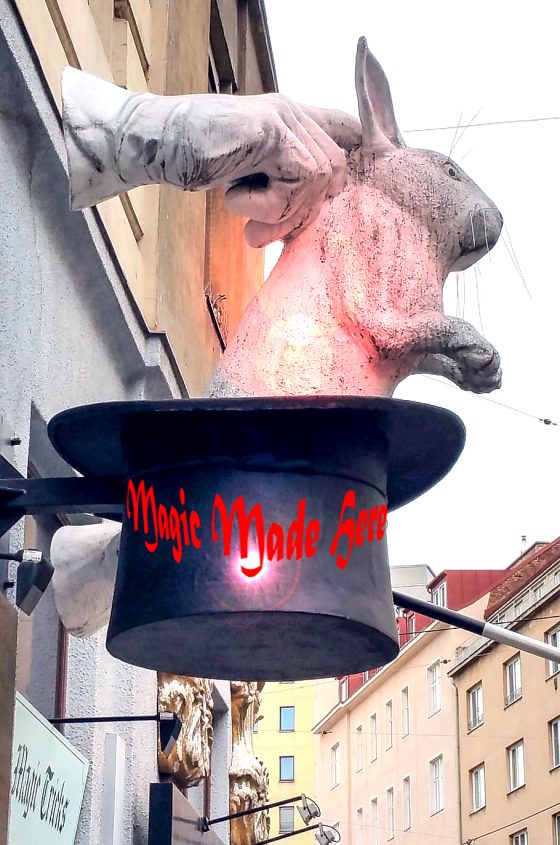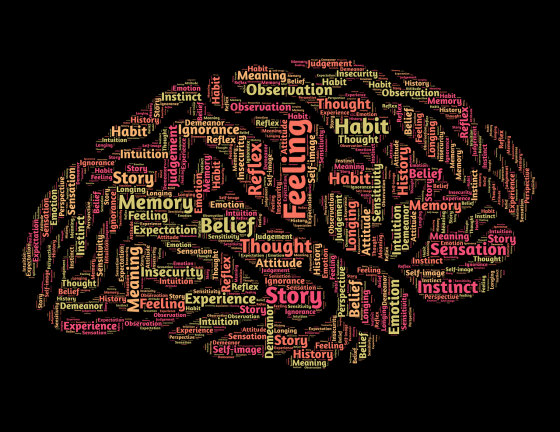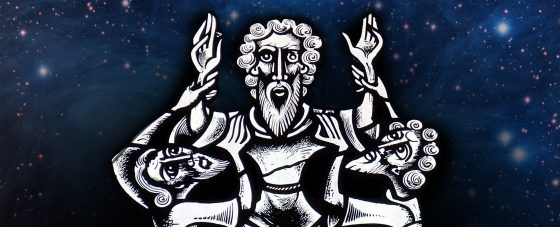
Jolabokaflod is Icelandic for “Christmas Book Flood” and it is a very old and wonderful Icelandic holiday tradition. Basically, in Iceland, books are considered the perfect gifts for the holidays. In this small northern country full of Aurora Borealis winter skies, there are five books published each year for every thousand Icelanders! There are only 319,000 people who live on this far north island (about one-third of the population of San Francisco), so that makes 1,595 new books per year. Hardback books are given as presents and are read through the night of Christmas. Reading is the national sport of Iceland. As a reader, I can’t imagine a more wonderful tradition! As a writer, I want my books in the hands of all those voracious readers. (Did I ever mention that one of my stories partly takes place in Iceland? “Pigeon”, check it out.) Due to the COVID pandemic, most of us will be pretty isolated these holidays. There is a strong chance that those who socialized heavily for Thanksgiving will be paying the price for that this Hanukkah, Festivus, Christmas, and New Year. CDC issued an advisory that those who spent eating turkey outside of their “pandemic bubble” should…






